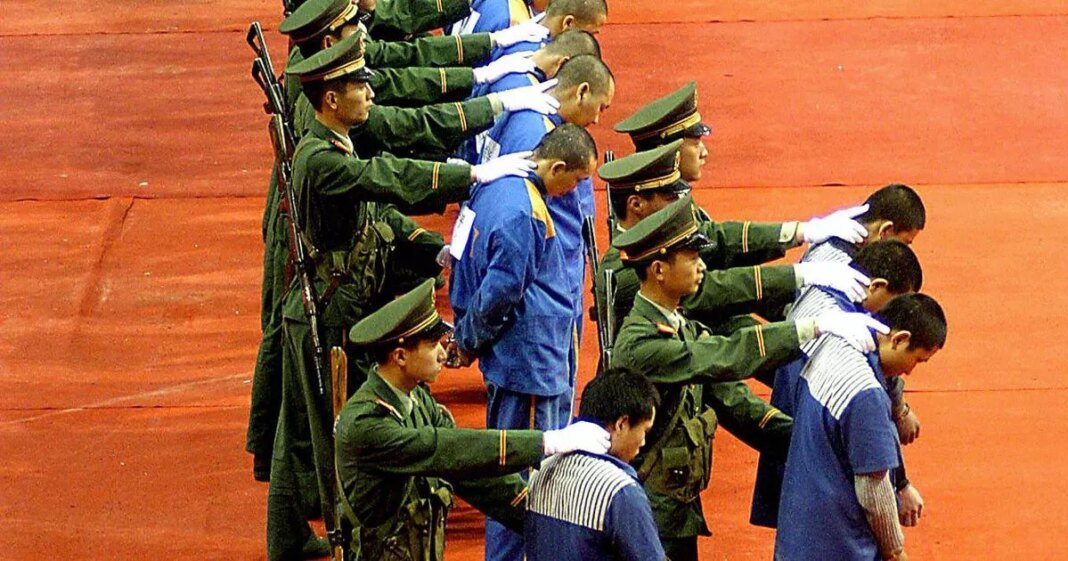China’s recent execution of four Canadian citizens has drawn attention to its use of a controversial “conveyor belt” system that reportedly involves the use of “mobile death vans” to handle the high volume of executions.
Canada expressed strong dissatisfaction over the death penalty imposed on its citizens, with Foreign Minister Mélanie Joly and former Prime Minister Justin Trudeau appealing for leniency in cases involving dual citizenship and drug-related charges.
The executions, according to the Beijing embassy in Ottawa, were related to drug offenses, emphasizing China’s stance of not recognizing dual citizenship. The use of the death penalty, including the controversial mobile death vans, has faced global condemnation, with reports indicating that China executes more individuals annually than the rest of the world combined.
Critics have raised concerns about China’s high execution rates and the use of death vans, which are believed to streamline the execution process. These vans reportedly contain beds where convicts are strapped down and administered lethal injections, facilitating organ harvesting, according to a Minghui study on Falun Gong persecution in China.
The Chinese court system, known for its high conviction rate, has faced criticism from human rights organizations. Additionally, tensions between China and Canada have escalated due to trade disputes and geopolitical issues, with recent retaliatory tariffs impacting their relationship.
Despite ongoing advocacy for clemency and privacy requests from the families of those executed, the diplomatic standoff between China and Canada continues, with implications for trade and international relations between the two nations.

